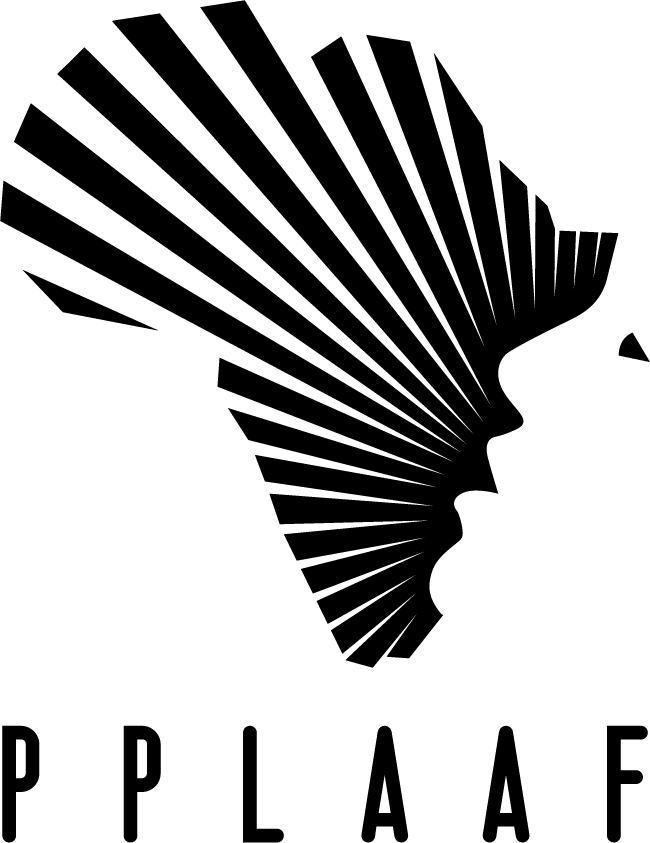Relevant legislation:
- Constitution of the Republic of Botswana (1990)
- United Nations Convention Against Corruption (UNCAC) 2003
- Southern African Development Community (SADC) Protocol Against Corruption
- Whistle Blowing Act No. 9 of 2016
- Anti-Corruption Act No. 8 of 2003
- Financial Intelligence Act of 2012
Summary
Whistleblowing and reporting of crime, misconduct and corruption are actively encouraged in the Republic of Botswana which in 2016 enacted its own Whistle Blowing Act, No. 9 of 2016. The state actively engages citizens to pass on information anonymously without fear of reprisal, and to that end has established hotlines that can be utilised to report incidents of corruption, fraud and other illegal conduct. Prior to the enactment of the Whistle Blowing Act in 2016, Botswana had a reporting agency, the Directorate on Corruption and Economic Crime, which was tasked with receiving information on malpractices and misconduct, and it would investigate such claims with the aid of other state agencies such as the Botswana Police Service, Botswana United Revenue Service and the Directorate of Intelligence and Security. These agencies are the vehicles through which the fight to eradicate the scourge of corruption is directed.
Whistleblower laws and policies
In terms of section 8 of the Whistle Blowing Act the following institutions are authorised to receive and investigate disclosures of impropriety:
- Directorate on Corruption and Economic Crime
- The Auditor General
- Directorate of Intelligence and Security
- Botswana Police Service
- Botswana United Revenue Service
- Financial Intelligence Centre
- Botswana Defence Force
Whistleblowers are also only afforded protection if the disclosure is deemed to be made in good faith, and there is a reasonable belief that the disclosure is substantially true; and has been made to an authorised person or agency, which then has the discretion to investigate and act on the disclosure. The law also prohibits discrimination against whistleblowers in their workplaces, which very often are the sites where they discover corrupt practices and misconduct.
Access to information on whistleblower regulations, which potential reporters of misconduct and corruption can use to educate themselves would be more pervasive in a society that promotes press freedoms and other media platforms, which is still lacking in Botswana, despite the state’s public campaigns to promote whistleblowing.
Media And Speech Laws
Whilst there is a partly “free press’’ in Botswana, the state regulates media output through two mechanisms primarily:
- the Media Practitioners Act 2008
- Media Complaints Committee
The restrictive regulation of free speech, therefore, tends to reduce the coverage of corruption in the media and this affects the public’s access to information and how to address malpractices and corrupt activities when they encounter such conduct. In 2019 Botswana was ranked at 44 out of 180 countries in the World Press Freedom Index.
A concern is the threat of privacy laws and sedition laws that are used to suppress disclosure by individuals employed by private companies and state departments and agencies. This means that the media, despite the pivotal role it plays in bringing corruption into the public sphere, is under threat of retaliation for its role, and consequently is hamstrung in its disclosure of misconduct due to these restrictions, when it is alerted to such by individuals within these institutions.
The requirement that the whistleblower should provide their personal details to make the disclosure claims more credible is worrisome in that it does expose individuals to retaliation despite the safeguards stipulated in the legislation.
Shortcomings And Possible Reforms
The first challenge to be overcome is the way in which the public and, more particularly potential reporters of misconduct, can be informed of the benefits of whistleblowing to the larger society. The laws around reporting incidences of improper conduct to “Non-authorised’’ entities, like media houses and the press, need to be revisited and made less restrictive.
Whilst the press is not an authorised reporting agency in terms section 8 of the Whistle Blowing Act journalists should not attract criminal and civil sanctions as expressed in the Media Practitioners Act. Reporting of disclosures to unauthorised agencies can incur criminal sanctions of a fine not exceeding P10 000 or a term of imprisonment of up to five (5) years, or both. Essentially then the law is restrictive in terms of who disclosures may be referred to; and places whistleblowers at the mercy of authorised reporting agencies, irrespective of whether such agencies are complicit in corrupt activities or not.
Section 47 of the Penal Code 08:01 vests the President of Botswana with exclusive authority to declare a publication prohibited if in his opinion the content is contrary to the public interest. This provision places excessive authority in the office of the President and a wide-ranging discretion which borders on unreasonableness.
The same law in section 48(1) states that: “Any person who, otherwise than in his capacity and in the course of his duties as a public officer, prints, makes, imports, publishes, sells, supplies, offers for sale or supply, distributes, reproduces or has in his possession or under his control any prohibited publication is guilty of an offence and is liable for imprisonment to a term not exceeding three (3) years”. Too much discretion vested in a single person by virtue of his office to make such a determination could lead to the deprivation of a publisher’s liberty without a proper hearing.
There also needs to be an easing of privacy laws in their application to disclosures of corruption, irrespective of whether such first disclosure is to an authorised reporting institution or not. Very often whistleblowers would have insight into possible corrupt practices and transactions because of their employment, making them privy to confidential information not readily accessible to other members of society, even such as the authorised reporting institutions.
Politically exposed individuals use beneficial ownership schemes to hide their involvement in certain institutions and transactions, very often in attempts to avoid being flagged for corruption.
The Financial Intelligence Act makes provision for the existence of a Financial Intelligence Agency and a national coordinating committee on financial intelligence to provide a mechanism for the reporting of suspicious transactions, and to look into financial offences such as money laundering, financing of possible terrorist activities or the acquisition of property from the proceeds of any other offence. There exists the possibility that anonymous reporting of misconduct and corruption by politically exposed persons, who are also influential, may not be seriously investigated due to their proximity to power.
Such an instance is the matter of Abueng Sebola, a records officer in the Office of the Presidency, who was criminally charged for disclosing information pertaining to a close associate of President Ian Khama to a journalist. This is an illustration of how good practices and policies aimed at curbing corrupt practices can be circumvented to prevent disclosures of malfeasance, and how the safeguards guaranteeing protection of whistleblowers can be compromised through their identities being formally acknowledged in their disclosure.
Conclusion
In short, the reforms to be instituted are:
- total immunity from prosecution for disclosures which expose corruption by state officials and agencies, regardless of whether such disclosure was made to an authorised reporting agency,
- a look at whether to establish an independent directorate along the lines of chapter 9 institutions in the South African legal system such as the Office of Public Protector.
- a review of the penalties imposed for inaccurate disclosures by removing criminal sanctions and replacing them with a civil sanction such as a fine not exceeding 5000 pulas
- no term of imprisonment for reporting inaccuracies, even instances deemed to be malicious.
The enactment of a law guaranteeing access to information and greater latitude for the media to interrogate reports of corruption independent of the designated reporting agencies would greatly contribute to citizens and civil society groups gaining confidence in the state’s anti-corruption initiatives. This would also enhance the credibility of reporting agencies and foster a culture of greater accountability which would engender an understanding that whistleblowing is a tool aiding the growth of democracy, transparency and ultimately good governance as opposed to the threat it is currently perceived to be.
Knowledge, support and action centers
Botswana Watch
Botswana watch is a civil society organisation aimed at addressing the issue of corruption by raising awareness on the social ills of Botswana. It is involved in numerous anti-corruption projects and focuses on educating the public on corruption and implementation of anti-corruption measures, with its target audience being the general public and the youth sector. Botswana Watch works closely with the Botswana Directorate on Corruption and Economic Crime.
- Address: PO Box 403871 Gaborone
- Tel: +267 717 2508
- E-mail: botswanawatch@gmail.com
Botswana Directorate on Corruption and Economic Crime (DCEC)
The DCEC was established after the passage of the Corruption and Economic Crime Act in 1994. It aims are to promote ethical behaviour in government and public organisations, establish codes of conduct and to maintain good governance and the rule of law, and to implement corruption prevention measures. The DCEC also has powers to investigate allegations of corruption and economic crimes and suspicious transactions, and where there is sufficient evidence, institute prosecutions with the assistance of the Directorate of Public Prosecutions. DCEC also has a tollfree hotline for the anonymous reporting of suspected incidents of corruption.
- Address: Plot 1212 Molosiwa Road Gaborone
- Email: reporttodcec@gov.bw
- Tollfree: 0800 700 100
- Tel: +267 391 4002
- Fax: +267 391 3508
Office of The Ombudsman
The Office of the Ombudsman seeks to promote administrative justice by investigating allegations of maladministration within the public sector. The Ombudsman is an alternative dispute resolution mechanism, and investigates complaints of improper administrative conduct or action, and recommends appropriate remedial action where, in the opinion of the Ombudsman, the complainant has suffered injustice arising from the administrative conduct.
- Address: Office of The Ombudsman, Private Bag BR 374 Gaborone, Lot 21, Cnr Khama Crescent and Queens, Main Mall, Gaborone
- Tel: +267 395 3322
- Fax: +267 395 3539
- Email: ombudsman@gov.bw
- Tollfree: +267 0800 600 014
Keeping Score: How does Botswana compare with international standards
The following standards for whistleblower laws are derived from guidelines developed by the OECD, Council of Europe, Blueprint for Free Speech, Government Accountability Project and Transparency International.
Key
1 = The standard is comprehensively or very well reflected in the laws
2 = The standard is partially reflected in the laws
3 = The standard is poorly reflected or absent from the laws
| Standard | Public Sector | Private Sector |
|---|---|---|
| A broad range of organisations and workplaces are covered | 1 | 2 |
| A broad range of offenses may be reported as whistleblowing | 2 | 2 |
| The definition of who may qualify as a whistleblower is broad | 2 | 2 |
| A range of disclosure channels to report internally or to regulators is in place | 2 | 2 |
| People who make disclosures to external organizations, the media or the public are protected | 2 | 2 |
| The threshold for protection is a reasonable belief that the information disclosed is true | 2 | 2 |
| There are opportunities and protections for anonymous disclosures | 2 | 2 |
| Whistleblower confidentiality is protected unless expressly waived | 1 | 2 |
| Organizations are required to establish internal disclosure procedures | 1 | 1 |
| Whistleblowers are protected from a broad range of retaliatory acts | 2 | 2 |
| Victimized whistleblowers have access to a full range of remedies and compensation | 2 | 2 |
| Those who retaliate against a whistleblower are subject to sanctions | 1 | 2 |
| A whistleblower oversight or regulatory agency has been designated | 1 | 2 |
| Whistleblower laws are administered and reviewed transparently | 2 | 2 |




